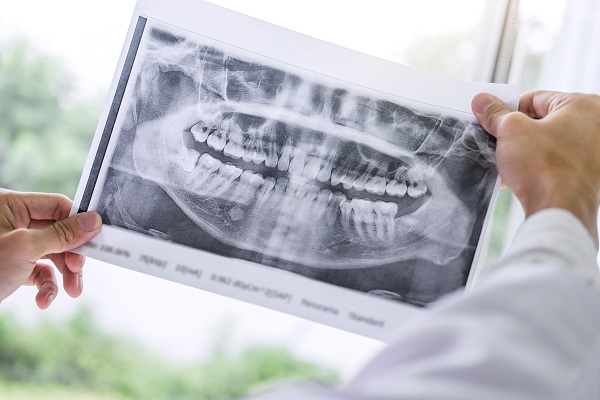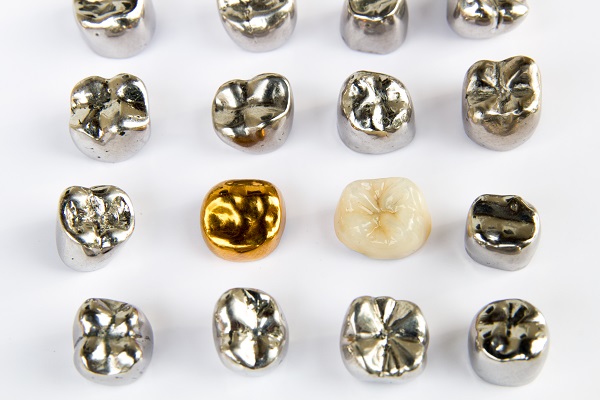Recovering from a Dental Implant Restoration

Dental implant restorations are done to complete the restoration or replacement process. Once the procedure is complete, there are a few important things to do in order to recover properly. Proper recovery is extremely important to ensure that the mouth stays healthy while also allowing the tooth to heal.
Want to learn more about recovering from a dental implant restoration procedure? This article outlines a few tips right from a general dentist.
Recovery tips: Dental implant restoration
The following information outlines how to recover after an implant restoration procedure. Keep reading to find out more!
1. Rest and relax
General dentists recommend rest and relaxation after a dental implant restoration. It is best to take some time off of work or school to allow the entire body to rest. Dental implant restorations are not quick procedures, and they can put stress on the body. A day or two of resting will do wonders for the patient.
2. Use ice and cold compresses
One of the most important recovery tips for after a dental implant restoration is to use a lot of ice and cold compresses. Ice packs and cold compresses can help reduce swelling and inflammation that may occur near the injury. They can also reduce the pain that the patient feels.
General dentists recommend using either for small increments at a time then taking a break for the same amount of time. Switching on and off until swelling goes down can be helpful for the recovery process.
3. Adjust to a soft food or liquid diet
Immediately after a dental implant restoration, the patient's mouth is likely to be sore and even uncomfortable. Additionally, the tooth that was worked on should not have any stress put on it, such as chewing or eating. General dentists tend to recommend adjusting to a liquid-based or soft-food diet for a couple of days while the restoration heals. Some of the common items to consume during recovery include the following:
- Soups
- Smoothies
- Soft fruits or steamed vegetables
- Ice cream or popsicles
- Mashed potatoes
Hard or sticky foods can do serious damage to the dental implant restoration. While it may be tempting, it is best to avoid foods of these substances at all costs, at least for a couple of days.
4. Be gentle
Another tip for recovery is to simply be gentle. Dental implant restorations are fragile immediately after the procedure, which is normal. It is important to avoid touching the area to ensure that proper healing takes place. It is best to avoid strenuous activity to ensure that a potential injury does not occur.
Learn more today!
Dental implant restorations are extremely important procedures for people going through the restoration process. It is very important to know how to recover from the procedure. Any questions or concerns regarding the recovery process should be addressed by a general dentist. Reach out today to learn more!
Request an appointment here: http://www.drmakassebi.com or call Dr. Minoo Makassebi, DDS at (415) 296-9111 for an appointment in our San Francisco office.
Check out what others are saying about our dental services on Yelp: Dental Implant Restoration in San Francisco, CA.
Recent Posts
Dental crowns are a great restoration option used both on their own and in conjunction with other procedures such as root canals and dental implant placements. They are often recommended after a root canal procedure is complete, however, it is not 100% necessary. Nonetheless, general dentists highly advise for them to be placed as they ensure…
You might need to have a dental checkup to see if you need a root canal if the pulp gets damaged. The pulp could get hurt because of trauma or an injury, and untreated oral health issues can also cause it. A dental checkup is a tool your dentist uses to determine if you need…
There are many cosmetic dentistry options for you to choose from nowadays when you want to fix your smile. A smile is a social asset that makes people appear more sociable and attractive. Not being happy with the way your smile looks often leads to lower self-esteem and feeling self-conscious when interacting with others.That is…
There are not many risks for teeth whitening when performed professionally by a dentist. However, understanding the process and whether or not teeth whitening could be harmful is helpful in deciding if treatment is appropriate for you. Increased tooth sensitivity, gum irritation and swelling are the most notable risks of teeth whitening, although these risks are…



